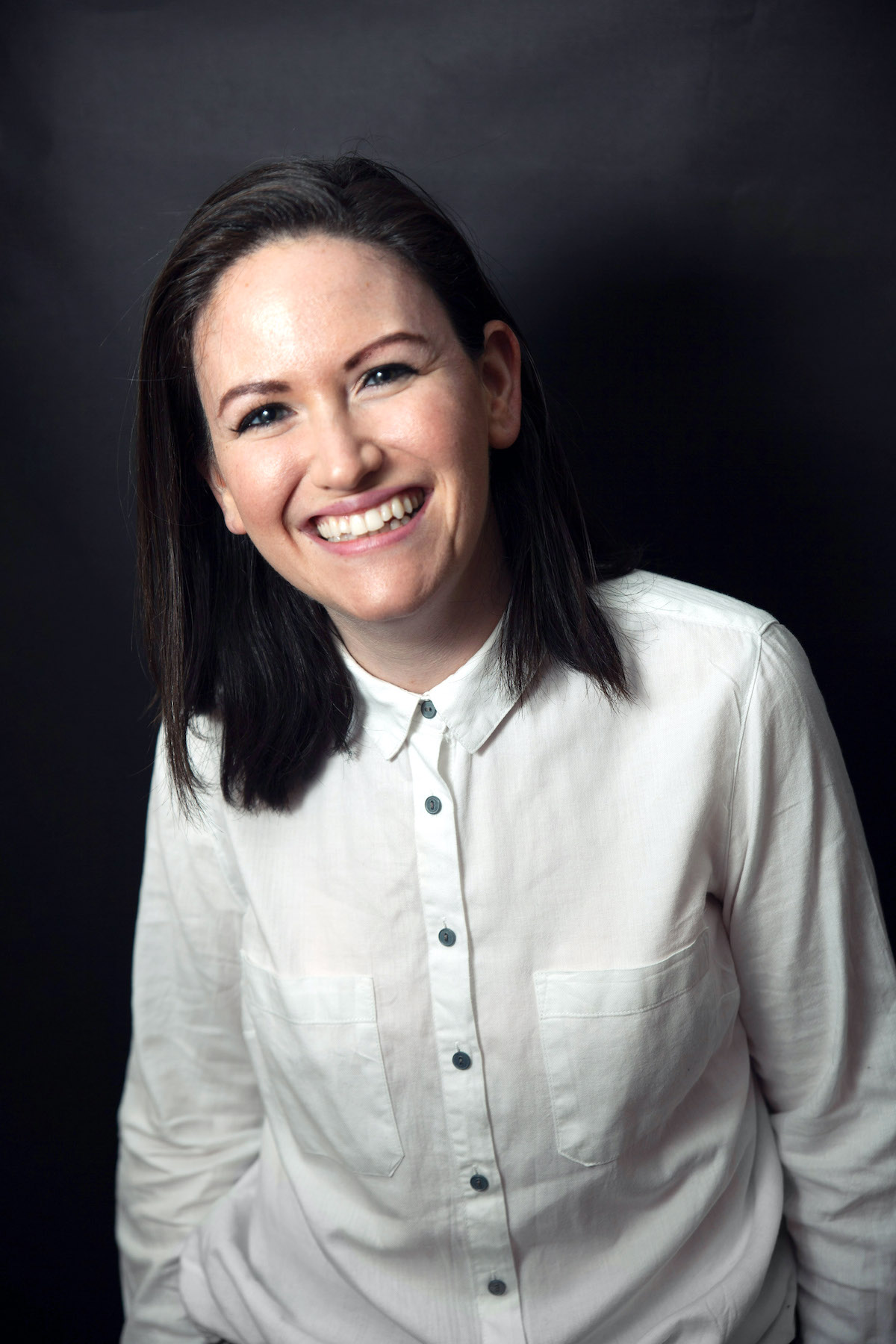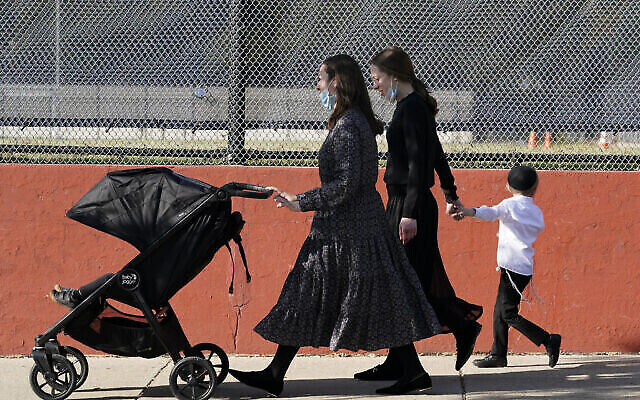OPINION: Why are all these women still not allowed to drive?
Is this day really different from all others? On International Women's Day, Charedi social activist Yehudis Fletcher asks why Orthodox women still don't count
On International Women’s Day, we share powerful stories about powerful women. We celebrate women who defend other women, who have brought about change, who shape the world. Why, asks Yehudis Fletcher, do we not shine a spotlight on the Charedi women forced to live their lives as permanent backseat drivers?
This International Women’s Day, I ask you to remember the stories that are not heard: the women who never get mentioned, whose voices never make these pages. Women not on ’20-under-20′ lists, or those who will never be invited to the Downing Street Chanukah party; women whose basic rights are being denied by the men who are invited. Why does this go unchallenged? Do these women not count on International Women’s Day?
Thousands of Chasidic women across the UK are not allowed to drive. It became a public scandal in the UK 2015. Despite this, nothing has changed.

This isn’t a hidden abuse. It’s not something leaders will deny.
In 2015, Chaya Spitz of the Interlink foundation said “the rule is key” to Chasidic identity but “this is not Saudi Arabia, and women will not be flogged for driving”.
The narrative portrayed is that women don’t want the responsibility of driving, or at least accept that it is an acceptable restriction that they embrace, no different from wearing a wig or a skirt.
That may be true for some but is far from a universal attitude within Charedi circles.
It is worth noting although Saudi Arabia has recently lifted its ban on women driving, Chasidic leaders haven’t.
Ordinary Chasidic women have told me they feel stuck being prevented from driving. Every one I spoke to told me not being able to drive made planning and controlling their own lives incredibly difficult. Women with medical conditions (including mental health concerns) described the impossible task of managing busy households while trying to get to and from frequent medical appointments.
Charitable organisations that pay for taxis don’t solve the problem of chronic lateness, being unable to manage their own schedule and the overall lack of independence. Devastatingly, several women described a culture of sexual harassment from taxi drivers in firms frequently patronised by the community.
Ordinary Chasidic women have told me they feel stuck being prevented from driving. Every one I spoke to told me not being able to drive made planning and controlling their own lives incredibly difficult.
Women described being dependent on their husbands for lifts and the difficulties that brought – ironically, one woman told me she was given a heter (halachik dispensation) to learn to drive because the rabbi agreed her husband was unreliable and chronically late. He wouldn’t let the couple use his name when telling people about their dispensation in case it became known he had become permissive about women’s driving. The reputational risk to the rabbi himself was too great.
Another woman told me her husband threatened to divorce her if she learned to drive and followed through on his threat. She told me she was so angry that pregnant women have to traipse around with all their children in extreme heat and extreme cold, while men get to drive around comfortably.
Women described staying in cramped housing in town centres because they rely on being within walking distance of schools and shops, stopping them moving to some of the newer communities with more space because they fear being stuck at home.
It is worth noting although Saudi Arabia has recently lifted its ban on women driving, Chasidic leaders haven’t.
Women are asking rabbis for reasons and justifications for the restriction and it’s hard to get a straight answer other than es pas nisht (it’s unbecoming).
One woman told me she asked her rabbi for permission to learn to drive and he said when women drive they feel very empowered and the men should be the ones to feel this way, not the women. She was mortified by his response, and is still struggling to find a way to find beauty in her tradition, still trying to make sense of it.
This International Women’s Day, I urge you to think beyond women who are in the public eye and spare a thought for the woman waiting at the bus stop with her double buggy.

Thank you for helping to make Jewish News the leading source of news and opinion for the UK Jewish community. Today we're asking for your invaluable help to continue putting our community first in everything we do.
For as little as £5 a month you can help sustain the vital work we do in celebrating and standing up for Jewish life in Britain.
Jewish News holds our community together and keeps us connected. Like a synagogue, it’s where people turn to feel part of something bigger. It also proudly shows the rest of Britain the vibrancy and rich culture of modern Jewish life.
You can make a quick and easy one-off or monthly contribution of £5, £10, £20 or any other sum you’re comfortable with.
100% of your donation will help us continue celebrating our community, in all its dynamic diversity...
Engaging
Being a community platform means so much more than producing a newspaper and website. One of our proudest roles is media partnering with our invaluable charities to amplify the outstanding work they do to help us all.
Celebrating
There’s no shortage of oys in the world but Jewish News takes every opportunity to celebrate the joys too, through projects like Night of Heroes, 40 Under 40 and other compelling countdowns that make the community kvell with pride.
Pioneering
In the first collaboration between media outlets from different faiths, Jewish News worked with British Muslim TV and Church Times to produce a list of young activists leading the way on interfaith understanding.
Campaigning
Royal Mail issued a stamp honouring Holocaust hero Sir Nicholas Winton after a Jewish News campaign attracted more than 100,000 backers. Jewish Newsalso produces special editions of the paper highlighting pressing issues including mental health and Holocaust remembrance.
Easy access
In an age when news is readily accessible, Jewish News provides high-quality content free online and offline, removing any financial barriers to connecting people.
Voice of our community to wider society
The Jewish News team regularly appears on TV, radio and on the pages of the national press to comment on stories about the Jewish community. Easy access to the paper on the streets of London also means Jewish News provides an invaluable window into the community for the country at large.
We hope you agree all this is worth preserving.






















